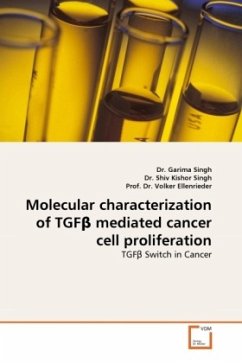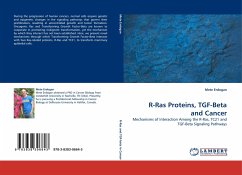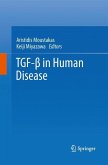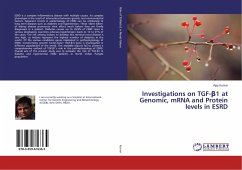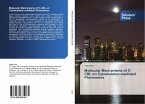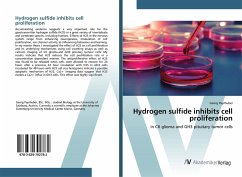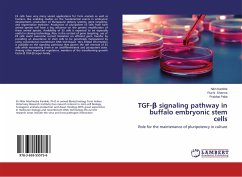TGF has a dual role in carcinogenesis, acting as a growth inhibitor in early tumor stages and a promoter of cell proliferation in advanced diseases. Although this cellular phenomenon is well established, the underlying molecular mechanisms remain elusive. Here, we report that sequential induction of NFAT and c-Myc transcription factors is sufficient and required for the TGF switch from a cell cycle inhibitor to a growth promoter pathway in cancer cells. TGF induces the expression and activation of NFAT factors, which then translocate into the nucleus to promote c-Myc expression. In response to TGF , activated NFAT factors bind to and displace Smad3 repressor complexes from the c-Myc promoter. c-Myc in turn stimulates cell cycle progression and growth through up-regulation of D-type cyclins. Most importantly, NFAT knockdown not only prevents c-Myc activation and cell proliferation, but also partially restores TGF-beta-induced cell cycle arrest and growth suppression. Taken together, this study provides the first evidence for a Smad-independent master regulatory pathway in TGF -promoted cell growth that is defined by sequential transcriptional activation of NFAT and c-Myc factors.
Bitte wählen Sie Ihr Anliegen aus.
Rechnungen
Retourenschein anfordern
Bestellstatus
Storno

